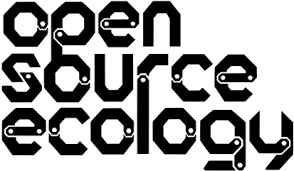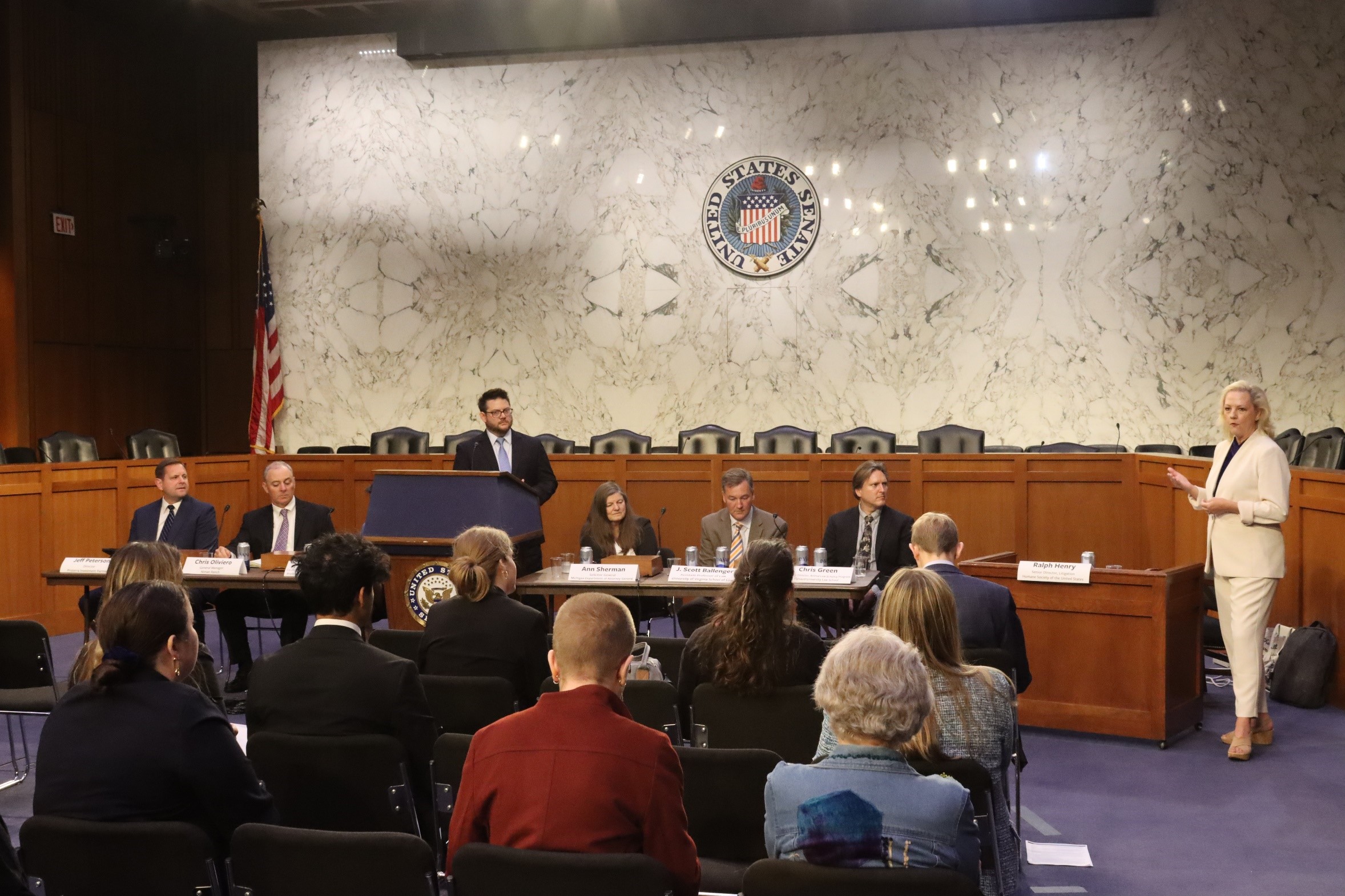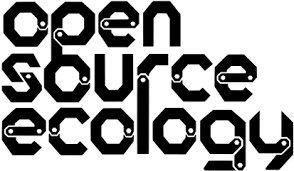goldfishlaser
34, she/her
Eclectic tinkerer who primarily will talk about technology, social issues, and art.
Professionally, I’m a tech writer and product marketer.
- 5 Posts
- 10 Comments
I come from the perspective of someone who felt tricked into years of animal exploitation by the welfarist position. I wasted hundreds if not thousands of dollars buying grassfed, free range, yada yada bullshit.
And in my view I should have just either kept that money or just went vegan. I don’t think jt did anything good, I don’t think it moved the world further at all. All it did was make me poorer and make me delay doing the right thing, the thing that does make a difference, which is going vegan.
Its not to say I wouldn’t engage in dirty pragmatism when I’m arguing with others. I emulate my best friend who made the biggest impact on me. I’m ok using any means necessary to make carnists reduce their consumption of animal products, including praising “small steps” like Veganuary or meatless monday or something. But my friend never coddled my delusion of animal welfarism and I also draw the line there.
Would I vote on a bill that made battery cages illegal? Sure. Would I try to convince carnists to also do that? Sure. That’s the extent of it. I’m not going to tell someone cage free is ok or better. Id just focus on how bad battery cages are.

 2·1 year ago
2·1 year agoI talk about my cycle so much that any men I’m with are going to learn eventually. I even make my guy friends hear about it.
I’m sure this varies with age, and some younger men may be more immature or resistant at first and I wouldn’t consider it a huge red flag unless they were stubborn about it. But I would keep an eye out for other symptoms of toxic masculinity/misogyny at play and start a conversation.
But I’m in my 30s now and if a man is in their 30s and can’t follow conversations about menstruation, that’s a no-go for me. It would reveal a willful ignorance that I wouldn’t be able to abide.
I’m just curious- how much footage / information have you seen about what actually goes down in the “cage free” egg industry? Why exactly do you see that as “better”?
To me, all that does is convince someone to buy more expensive eggs, when they could just not and save themselves the surcharge.
Ah very cool :) Yeah I’ve heard of the rainbow gathering, as there’s a lot of crossover between our communities. It’d certainly be neat to check out some time.
Are you offering me fruit, itchy?
I think you picked up what I mean about democracy playing a factor.
I would have to ask around I think to find out the answers to your questions. It seemed to me that there were about 10 or so people in the “community kitchen” at any given time, which in this case was a specific permanent structure on the land that had cooking facilities. One of the main things they did that I know about was make a huge batch of burritos that they would distribute to people volunteering for other functions (such as fire safety, leave-no-trace patrol, parking, rangering). But in addition to this, there were also numerous theme camps that had kitchens. But I don’t really have even a rough estimate of what percentage of people were volunteering to make food for others. The event was around 2000 participants though.
I think that the combination of established kitchen and decentralized kitchen worked together to cause the sense of an abundance of food.
The experience of sharing was basically that while I was walking around, occasionally someone would say “Are you hungry?” and if I was they usually knew where I could get some food. And it was basically like, if you were in the area when a camp was making food, they shared the food with you.
I choose not to refer to myself or other people with philosophical terms. I prefer to use the words to describe specific arguments. Basically a person can make a deontological argument without referring to themselves as a deontologist. I think the scenarios of life are diverse enough that a person may find one way of reasoning more applicable in a certain realm and another in another. Or you could even want to justify an action with multiple arguments. Sometimes, I make deontological arguments for my social relationships but I don’t commonly use them outside. I often find utilitarian arguments useful, but they also have their limitations.
I didn’t enjoy giving up wool when I became a vegan because I was a needlefelter. I also don’t think anyone can deny that wool is a material with great properties.
But in the reality of the world we live in, and specifically for me, my use of wool is potentially tied up with a system of live transport. Typically when animals used for wool reach the end of their lives, they’re packed up on ships in a brutal manner and sent to be processed for meat. I’d hate to make a mistake and accidentally support that, either by making an errant purchase or stochastically inducing someone else to buy wool who would likely buy it from that system instead of mutualistic scenarios.
I don’t really have a enough of a problem with someone buying secondhand wool to protest it. There are products that I purchased before becoming vegan that I’m using until the end of their lifespan.
Personally, I don’t necessarily have a problem with mutualistic relationships between animals and humans, such as we see in certain sanctuaries. I’d be willing to evaluate moral decisions in such situations on a case by case basis. But I do think that in today’s climate, animal welfare is just a smokescreen for animal exploitation. So many people justify eating meat from CAFOs with the idea that they buy from family farms some percentage of the time. The urgency for me is to stop the massive exploitation than to entertain edge cases, and the way to do that is to advocate veganism.
As to whether it would be morally neutral for me to eat an egg from a backyard hen in specific scenarios, perhaps it is. I just don’t really see why I would, when I don’t have any real reason to. I think that feeding eggs from rescued hens to other rescued animals is potentially justifiable, although I would want to learn more and rule out alternatives before I would confidently vote yes that its ok to do it.
I’m answering first and reading your answer and replies after.
- It is not necessary to consume animal products to meet or exceed nutritional and energy requirements. They are not necessary to clothe or shelter us.
- Consumption of animal products is an inefficient use of land and resources, causing deforestation and food insecurity.
- If culturally normalised globally, meeting demand for animal products results in enormous suffering, to humans and animals. CAFOs cause psychological, ecological, and biological damage. Using products they produce (vegetarianism) usually ends up with them still entering in the same suffering and premature death system because of economic incentives.
- Animals are sentient and prefer a state of relative wellbeing and satisfaction of natural instincts just like we do. Making excuses to violate animals does not align with principals of nonviolence and compassion for beings.
- Altering animals genetically via breeding practices to make them more suitable for our purposes (increasing wool on sheep, increasing meat or egg size on chickens) causes unnecessary suffering.
- We are an exceptionally numerous and powerful species whose actions transform the world. We can make choices that lead to flourishing or to horror on massive scales. We can’t take an “individualist” approach assuming that our specific way of doing things (such as a quaint family farm) would scale across billions of people.
I really admire those who sacrificed sensory pleasures to meet these objectives, but in my part of the world I don’t even have to. While I sacrificed the specific sensory pleasure of specific foods, for me analogous just as satisfactory replacements exist. It’s really not too much different than moving away from a place where you had one favorite restaurant to a place where that restaurant doesn’t exist so you pick a new favorite restaurant.
I like this writing prompt/ thought exercise that you’ve proposed.
In your article, you mention the idea of a shared community kitchen, and it just kind of reminded me of experiences I’ve had at a regional “Burning Man”-like event.
Even though there are no food vendors on site, because most people follow the principle of radical self-reliance and gifting, there is always an abundance of very tasty food. Many times, I attended the event having brought freeze dried rations for myself, but only had to eat from my own stash a couple of times, and even then, mostly as a matter of choice.
I am sure that machine learning technologies are already at play in logistics and demand planning, and will only become moreso. I’ve read some opinions here and there that there should be a democratic element to demand planning, what do you think about that?
I feel like it was only a few years ago that I truly grasped the biodiversity of fruits. I love fruit, and I felt like I had explored many kinds of fruit, but I learned that in reality, I had only had the tiniest percentage of fruits that are out there. It definitely makes me want to be a fruit tourist.







True, I guess for my closing remarks and bringing it back to the OP, my ethical backing for veganism is partially consequentialist in both my direct actions (supporting exploitation) and indirect actions (not actually exploiting, but causing conditions that could be condusive to exploiting).